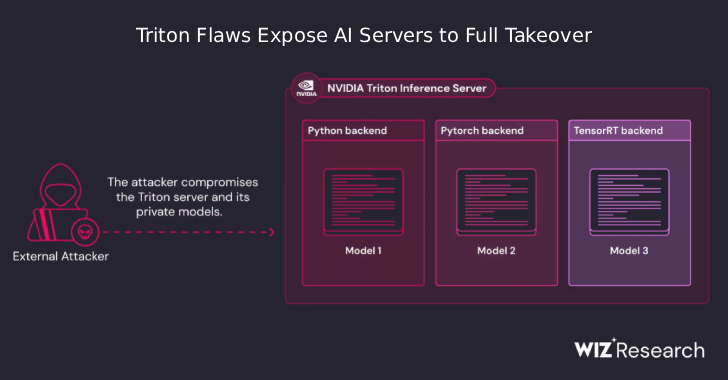
Why Social Engineering Testing is Important?
In today’s world of advanced technology and interconnectivity, businesses and individuals are constantly at risk of falling victim to cyber-attacks. While most people are familiar with terms like hacking and malware, a lesser known but highly effective approach is social engineering. Social engineering involves manipulating individuals into disclosing sensitive information or performing actions that can jeopardize a person or organization’s security.
Social engineering attacks are often perceived as more dangerous because they exploit human psychology and trust, making them difficult to detect and prevent. This is why Social Engineering Testing has become a critical component of cybersecurity strategies. In this article, we will explore the importance of social engineering testing and how it can help protect businesses and individuals from falling prey to these malicious tactics.
- Raising Awareness and Educating Employees:
One of the primary objectives of social engineering testing is to raise awareness about the various tactics employed by cybercriminals. By simulating real-life social engineering attacks, organizations can identify vulnerabilities and gaps in their security measures. This allows them to provide targeted and effective training to their employees, educating them about the different types of social engineering attacks, their indicators, and how to stay vigilant.
Regular social engineering testing can help employees recognize suspicious activities such as phishing emails, phone calls requesting sensitive information, or impersonation attempts. By empowering employees with knowledge and skills to identify and report such incidents, organizations can significantly reduce the risk of successful social engineering attacks.
- Identifying System Weaknesses:
Social engineering testing goes beyond examining human vulnerabilities; it also helps organizations identify weaknesses in their technical infrastructure and overall security systems. In many cases, social engineering attacks exploit weaknesses in access controls and information handling procedures, making them highly effective.
By subjecting their systems to social engineering testing, businesses can uncover vulnerabilities and evaluate the effectiveness of their security measures. For example, a simulated phishing campaign can identify employees who are susceptible to clicking on malicious links or providing sensitive information inadvertently. This information can then be used to enhance technical controls and develop targeted security measures to address the identified weaknesses.
- Assessing Preparedness for Real-Life Attacks:
Attempting to breach an organization’s security measures through social engineering testing creates a safe environment where potential vulnerabilities can be evaluated. By conducting controlled tests, organizations can assess their level of preparedness for real-life social engineering attacks and evaluate the effectiveness of their response mechanisms.
Testing social engineering measures can help organizations identify gaps in incident response plans and develop strategies to mitigate risks effectively. Additionally, it allows businesses to fine-tune their crisis management procedures and ensure that all employees know what steps to take in case of a real social engineering attack. This level of preparedness is crucial in minimizing potential damage and quickly bouncing back from an attack.
- Compliance with Regulatory Requirements:
Social engineering testing is not only crucial for safeguarding organizations from cyber-attacks but also for meeting regulatory requirements. Many industries, such as finance, healthcare, and government, are required to adhere to strict cybersecurity regulations. These regulations often include provisions for periodic vulnerability assessments and social engineering testing.
By regularly testing their social engineering controls, organizations can ensure compliance with the relevant regulatory frameworks. Failure to comply with these requirements can result in severe penalties, reputational damages, or even legal consequences. Therefore, organizations must prioritize social engineering testing to meet these compliance obligations and maintain a secure operating environment.
- Creating a Culture of Security Awareness:
Organizations that regularly conduct social engineering testing create an environment that places emphasis on security and reinforces the importance of vigilance. By regularly reminding employees about the potential risks associated with social engineering attacks, businesses can foster a culture of security awareness.
When employees are aware of the dangers and understand the importance of adhering to security protocols, they become an essential line of defense against social engineering attacks. This cultural shift creates an organization where security is everyone’s responsibility, rather than being solely handled by the IT department. This shared responsibility ensures that security practices are consistently followed, and risks are minimized.
In conclusion, social engineering testing is a crucial component of any robust cybersecurity strategy. By raising awareness and educating employees, identifying system weaknesses, assessing preparedness, meeting regulatory requirements, and creating a culture of security awareness, organizations can effectively defend themselves against social engineering attacks. Investing in social engineering testing not only protects businesses and individuals from potential damage but also enhances overall cybersecurity readiness in an increasingly digital world.
Contact Cyber Defense Advisors to learn more about our Social Engineering Testing solutions.





